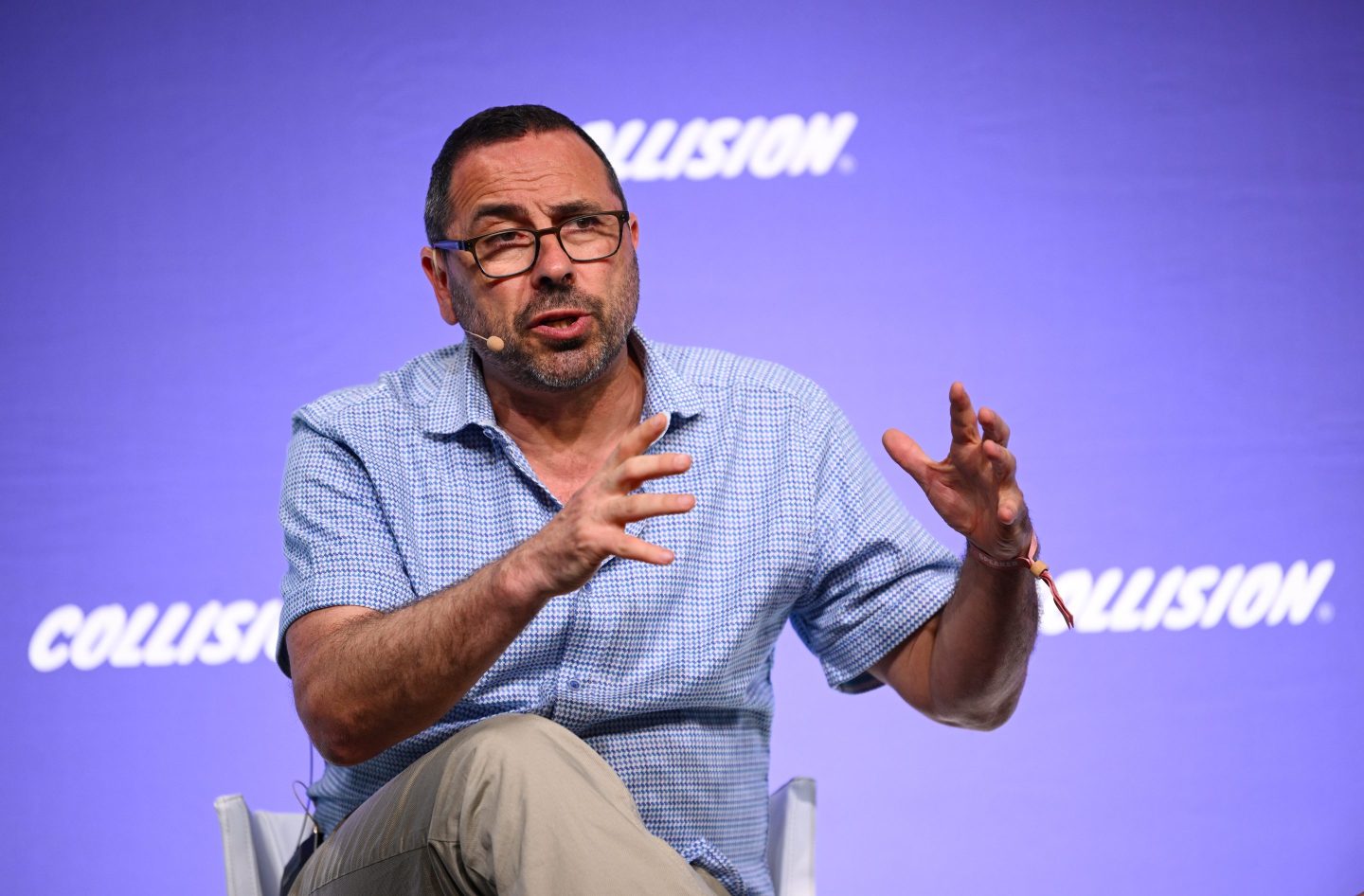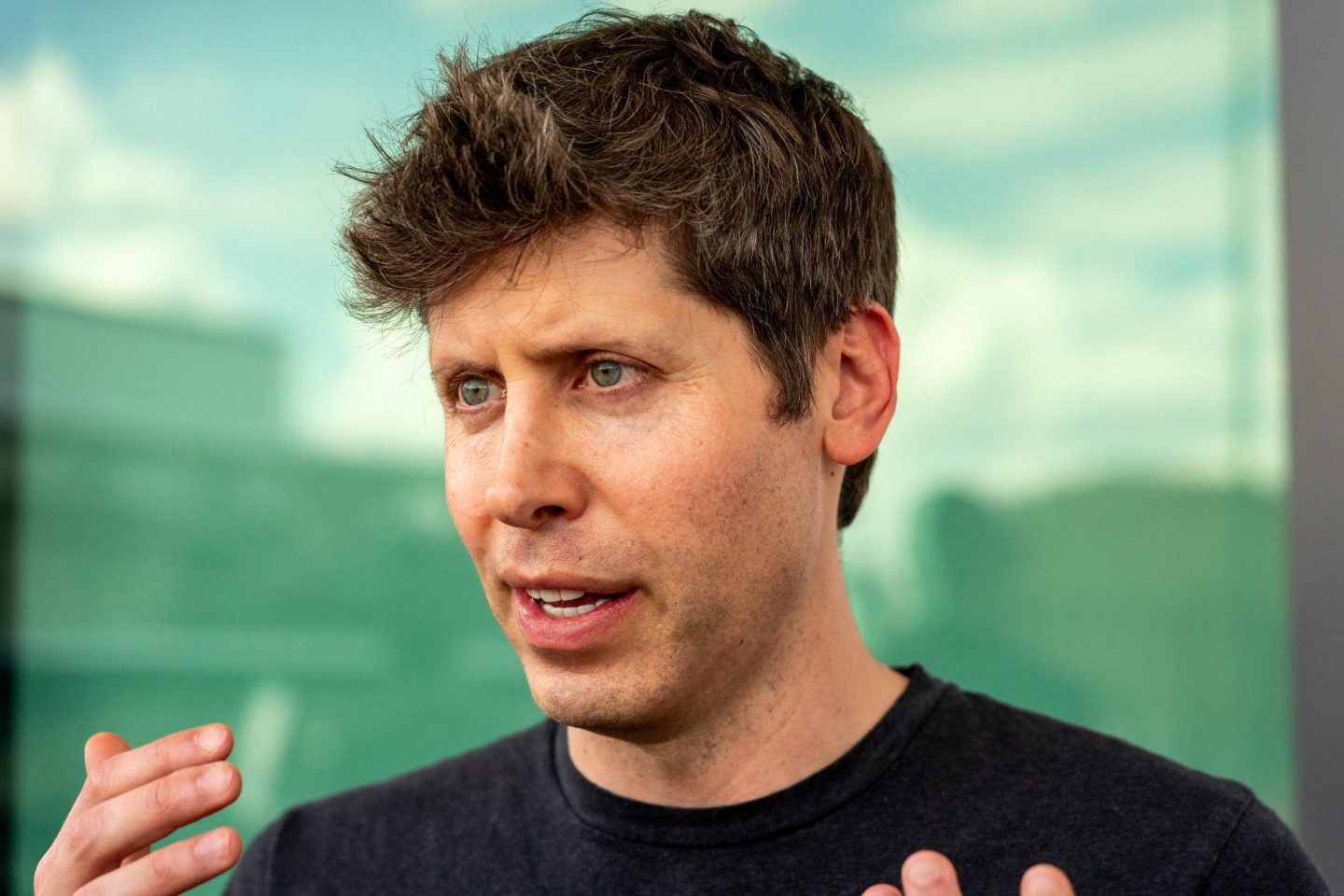Titans of Silicon Valley and Wall Street are setting the record straight: clocking in at 9 a.m. and throwing in the towel by 5 p.m. won’t get you to the top of the C-suite. Much to the dismay of Gen Z striving for success with a manageable work-life balance, CEOs are adamant that intense schedules are essential for anyone looking to make it in business.
“This notion that somehow you can achieve greatness, you can build something extraordinary by working 38 hours a week and having work-life balance, that is mind-boggling to me,” Andrew Feldman, cofounder and CEO of $8.1 billion AI chip company Cerebras, stressed recently on the 20VC podcast. “It’s not true in any part of life.”
As many U.S. workers push for shorter workweeks, America’s founders are still sticking with “grindset” culture as the formula for trillion-dollar success. Feldman is just one of many business leaders, including Google cofounder Sergey Brin and Shark Tank investor Kevin O’Leary, emphasizing the hard truth of success.
Of course, professionals can stick to a 40-hour workweek and still be happy—but the Cerebras CEO stipulated that they won’t be the ones launching the next unicorn or rolling out generation-defining products.
“You can have a great life. You can do many really good things, and there are lots of paths to happiness,” Feldman continued. “But the path to build something new out of nothing, and make it great, isn’t part-time work. It isn’t 30, 40, 50 hours a week. It’s every waking minute. And of course, there are costs.”
The myth of work-life balance—and a 60-hour ‘sweet spot’
Leaders at the top of their game have been dispelling the myth of work-life balance; Zoom CEO Eric Yuan told staffers that there’s “no way” to achieve harmony with the two, as “work is life, life is work”; former U.S. President Barack Obama said that to be “excellent at anything” requires a one-track mind at certain times; and even LinkedIn cofounder Reid Hoffman warned that launching a startup requires letting go of binge-watching Netflix after office hours.
“If I ever hear a founder talking about, ‘This is how I have a balanced life,’ they’re not committed to winning,” Hoffman told Stanford University’s How to Start a Startup class in 2014. “The only really great founders are [the ones who are] like, ‘I am going to put literally everything into doing this.’”
Entrepreneurs looking to take their businesses to new heights may question where to draw the line and unplug from the chaos—and some Silicon Valley founders have pushed back on toxic 100-hour workweeks. But there seems to be a general consensus that nine-to-five schedules won’t lead to rapid career growth.
The CEO of $17 billion business Twilio, Khozema Shipchandler only gives himself eight hours on Saturdays to not think about work. Shipchandler told Fortune that “every one of us has to make certain work-life choices,” and people can choose to pursue their hobbies and take evenings for themselves—however, he’s “never spoken to a peer” who doesn’t have the same schedule as he does.
Likewise, Tennis champion Serena Williams said entrepreneurs have to “show up 28 hours out of 24” daily, and multimillionaire O’Leary advised founders to “forget about balance … You’re going to work 25 hours a day, seven days a week, forever.” Budding CEOs can’t take their advice literally—but one leader has set the record straight on just how many hours people should actually be working. Earlier this year billionaire computer scientist Brin told Google Gemini staffers that “60 hours a week is the sweet spot of productivity,” and workplace experts say it’s actually about going the extra mile.
“The lesson for most young professionals is if you want to get ahead, you’re not going to get there [with] 40 hours a week,” Dan Kaplan, co-head of the CHRO practice at ZRG Partners, told Fortune earlier this year. “Part of the danger of the comment [about] the 60-hour workweek is it’s actually not about 60. It’s about working extra until the work is done.”
While entrepreneurs are conflicted on exactly how many hours they should work to hit optimum productivity, Feldman tells Fortune there is no magic number. Instead, the focus should be on getting things done.
“It’s not about logging hours,” Feldman explains. “It’s about being passionate and being consumed by the work. It’s about being driven to change the world, to be the best you can be, and to help your team be the best it can be.”













